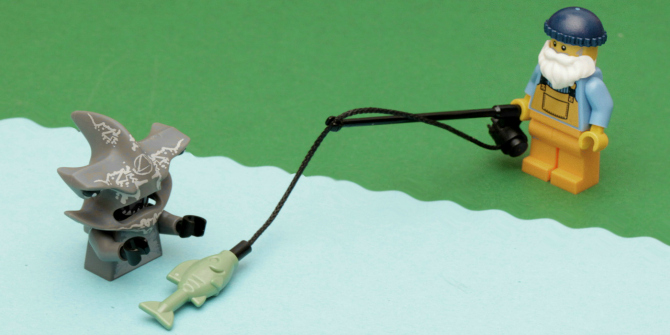Managing Editor Sierra Williams presents a round-up of popular stories from around the web on higher education, academic impact, and trends in scholarly communication.

Timing perfectly with the run-up to Valentine’s Day, Love and Other Secondhand Emotions by Jacqui Shine at Chronicle Vitae and In the Name of Love by Miya Tokumitsu in the most recent issue of Jacobin both discuss issues with the rhetoric of love and vocation in the academic profession and how it may be unhelpfully fuelling further class divisions and feelings of isolation.
Nowhere has the DWYL [Do What You Love] mantra been more devastating to its adherents than in academia…Few other professions fuse the personal identity of their workers so intimately with the work output…Because academic research should be done out of pure love, the actual conditions of and compensation for this labor become afterthoughts, if they are considered at all. [read more]
On Richard Poynder’s Open and Shut blog, there is a guest post by Charles Oppenheim on who owns the rights to scholarly articles. Charles Oppenheim is a UK-based specialist on copyright law and helps to clarify the distinctions between assignment, licence and implied licence in relation to copyright law and academic rights.

Give the Data to the People by Harlan M. Krumholz of the Yale University Open Data Access Project outlines the partnership with Johnson and Johnson to make all of their clinical trials data, published and unpublished, openly available.
There are many benefits to this kind of sharing. It honors the contributions of the subjects and scientists who participated in the research. It is proof that an organization, whether it is part of industry or academia, wants to play a role as a good global citizen. It demonstrates that the organization has nothing to hide. And it enables scientists to use the data to learn new ways to help patients. [read more]
The End of Higher Education’s Golden Age by Clay Shirky:
The number of high-school graduates underserved or unserved by higher education today dwarfs the number of people for whom that system works well. The reason to bet on the spread of large-scale low-cost education isn’t the increased supply of new technologies. It’s the massive demand for education, which our existing institutions are increasingly unable to handle. That demand will go somewhere. [read more]
15,000 Colorful Images of Persian Manuscripts Now Online, Courtesy of the British Library covered at Open Culture:
The Islamic Golden Age was a time of thriving science, scholarship and art, including bright and vivid Persian miniatures—small paintings on paper created to be collected into books…Thousands of these miniatures—known for their bright and pure coloring—are now included in a new digital archive developed by the British Library. The paintings, often accompanied by beautiful Arabic texts, aremeticulously preserved, making available delicate treasures on par with, if not more beautiful than other illuminated manuscripts like the Book of Kells. [read more]






